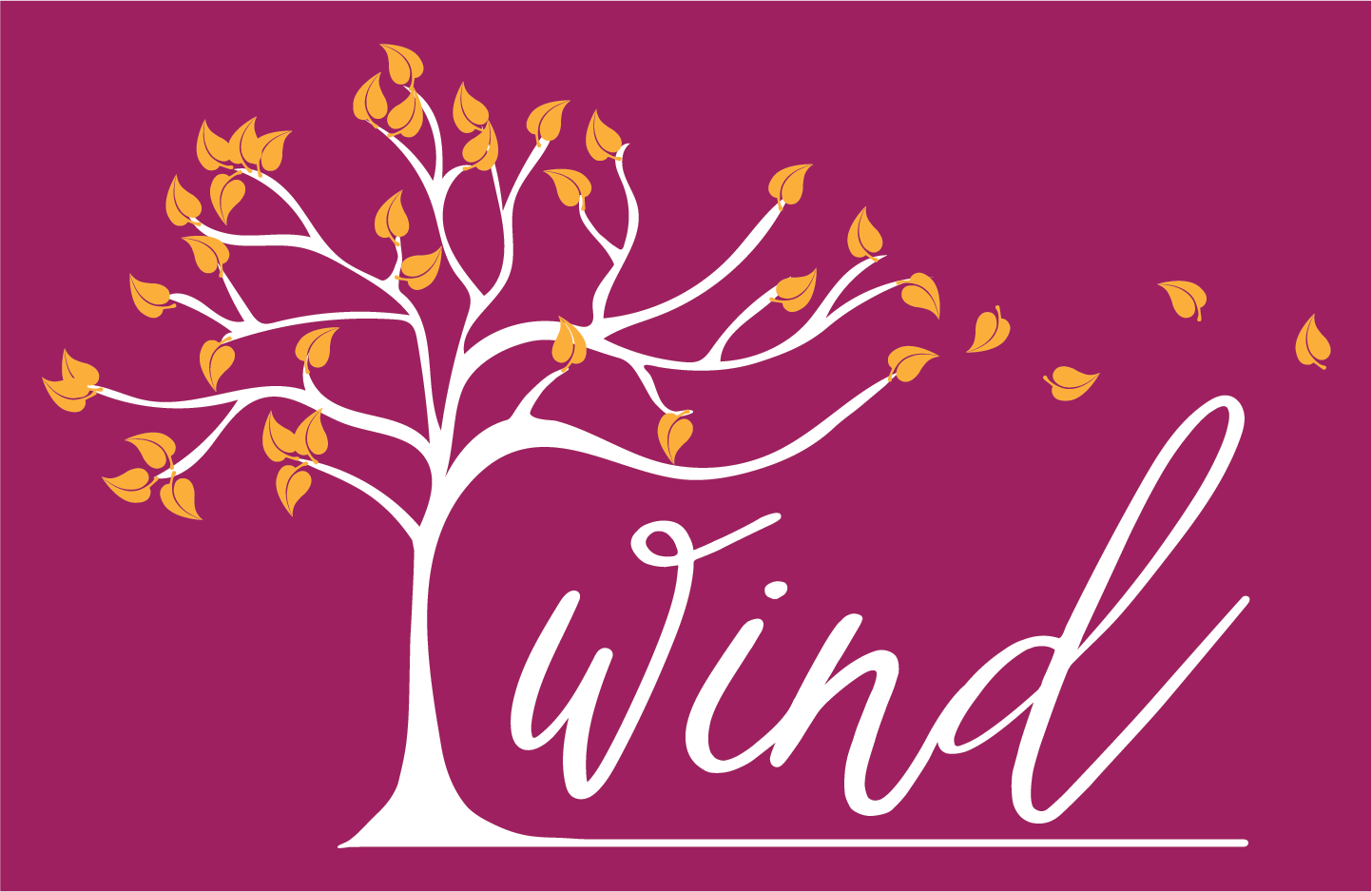By Penny Hirsch and Barbara Shwom —
“Women helping women” was a key theme in Northwestern University’s recent online program “Voices Across Time: Sharing Women’s Experiences of Re-entry.” This program, hosted by Northwestern’s Block Museum as part of the school’s “One Book One Northwestern” focus, was co-sponsored by Women Initiating New Directions (WIND).
The 2020-2021 One Book at Northwestern is Bryan Stevenson’s Just Mercy: A Story of Justice and Redemption, so yearly programs highlight issues related to the injustices created by mass incarceration and the structural racism behind it. “Voices Across Time” highlighted the challenges faced by women leaving prison. The program featured work done in the early 2000s by activist media organizations BeyondMedia and Visible Voices which allowed residents from Grace House, a transition home in Chicago, to challenge the stories told about prisoners by mainstream media.
Attendees at the event had the opportunity to see one of BeyondMedia’s films, What We Leave Behind, and then to watch a panel discussion facilitated by Professor Sally Nuamah (a WIND advisor). The panel featured two of the original members of BeyondMedia (Salome Chasnoff and Joanne Archibald), the previous director of Grace House – Pastor Bernadine (Berni) Dowdell – and current and previous Grace House residents (Lisa, Michelle, Cynthia, and Janet), two of whom have taken part in WIND workshops.
Pastor Berni emphasized a theme that reverberated in the film and in the women’s conversations: the importance of “women helping women” in the healing process after a woman leaves the dehumanizing atmosphere of the prison. A successful transition home like Grace House draws on the dedication of its women staff and many volunteers to help the residents rediscover their inner strengths and purpose; as Pastor Berni explains, through their many classes, therapy, and the power of community, the “truth of who they are gets to show.” In the panel Janet said, “I am learning to become the person I was raised to be.” Cynthia explained that at Grace House she can vent, dispose of the toxins that damaged her life, and show what she’s “really about.” It’s “like a flower,” she said: “You water it and it blossoms. That’s who we are. We need resources and therapy, a pat on the back,” and not the negative, authoritarian prison regimens that simply teach people to be children again instead of independent grownups who can grow and thrive.
Lisa emphasized the importance of being part of a community, both at Grace House and afterwards – to have the faith, love, and courage to stay positive and keep moving forward. Grace House and WIND, the women explained, are the bridges that help them on their journeys. While they are moving forward, they can then “reach back and pull someone else along.” Program directors and mentors help the women feel safe, according to Michelle, knowing that they are welcome to return and to reach out for support, advice, and additional resources.
While men also contribute to successful re-entry work for those harmed by our carceral system, “Voices Across Time” stressed the importance of women helping women. That philosophy underlies everything WIND does and supports: we work together, striving to help all women rediscover the core of who they are and become the positive forces in their families and communities that they intend to be.



